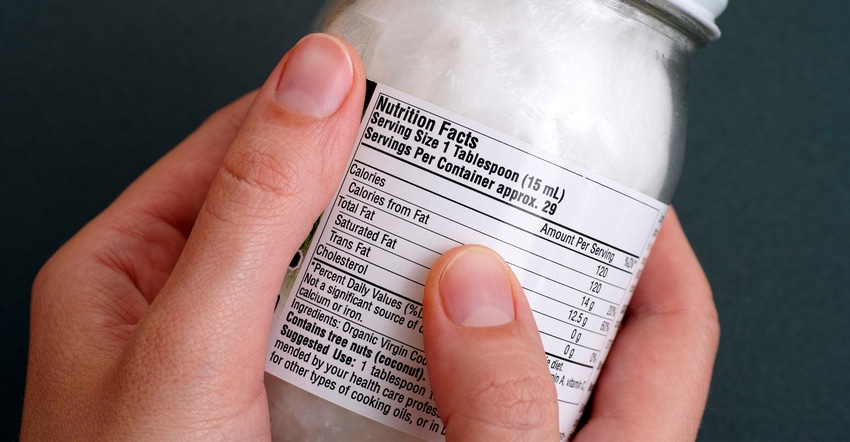Product positioning can make or break you. Here are a few pro tips that can lead you to the promised land.
September 18, 2017

If it walks like a duck and talks like a duck, it must be a duck. That’s the way the FDA looks at deciding whether products are foods, beverages or supplements—regardless of whether your company decides to use a Nutrition Facts or Supplements Facts panel.
“The brand owner can make the call,” counseled attorney Justin Prochnow, from the Greenberg Traurig law firm, at Natural Products Expo East in Baltimore. “But if you mix your messages—if you have a Supplements Facts panel and call it an energy drink or represent your product as a meal replacement with a Supplements Facts panel, then the FDA will make the call. And you don’t want the FDA to make the call.”
Brands should carefully consider any of a number of factors before making a decision on how to position their product. This includes labeling, communications, ingredient selection, marketing and risk-tolerance.
“Then, be consistent in your messaging,” said Prochnow. “The FDA is going to look and see if your message is consistent or not.”
This includes social media posts. So if you’re trying to market a 12-ounce drink but call it a supplement, you shouldn’t be referring to it as a beverage on Twitter or Pinterest. (Let alone that regardless of what you say about it, the FDA is not likely to look at a 12-ounce drink container at being anything other than a beverage, regardless of the number of servings you assert are contained in a package. Two-ounce shots are a better call here.)
There’s no shortage of companies that have felt the sting of FDA warning letters for positioning their product incorrectly.
Most infamously is Monster energy drink, which started out with a Supplements Facts panel but then shifted to a Nutrition Facts panel.
“One of the major issues with Monster was that you need to file an Adverse Events Report when you’re a supplement and you don’t need to do it for a beverage, so that cuts down on bad attention.”
Prochnow said there are also manufacturing differences between foods and beverages, specifically the need to test incoming ingredients and finished products as supplements. That makes costs higher for positioning products as supplements compared to beverages or foods. And then there’s the public perception that dietary supplements are the Wild West and unregulated.
“That one irks me more than anything else,” he said. “The dietary supplements industry has more regulations than most industries. But, beverages are looked at as more pristine and less stretching the envelope compared to supplements.”
Another significant issue is the dosage of an ingredient used in order to make a claim.
“This is one of the biggest issues when it comes to substantiation of claims,” said Prochnow. “The marketing department gets an article saying turmeric can do this and that. But unless you get science with the amount of turmeric in your product, you can’t make those claims. It’s the fairy dust principle—the FDA doesn’t want you to splash a bit of turmeric in your product just so you can make claims about it when you know you don’t have enough of the ingredient in it to do anything.”
Still, there remains a tantalizing allure to call a product a dietary supplement when it’s not in a traditional pill or powder format, because supplements have a perception of being able to have some type of health claim around them. And also, traditionally there’s a larger swath of ingredients that can be accessed for supplements compared to foods or beverages.
Savvy companies would do well to weigh all these factors before going to market. Because if the FDA comes calling, it'll want changes made in a New York minute—and if you can’t make it there, you might not be able to make it anywhere.
About the Author(s)
You May Also Like




